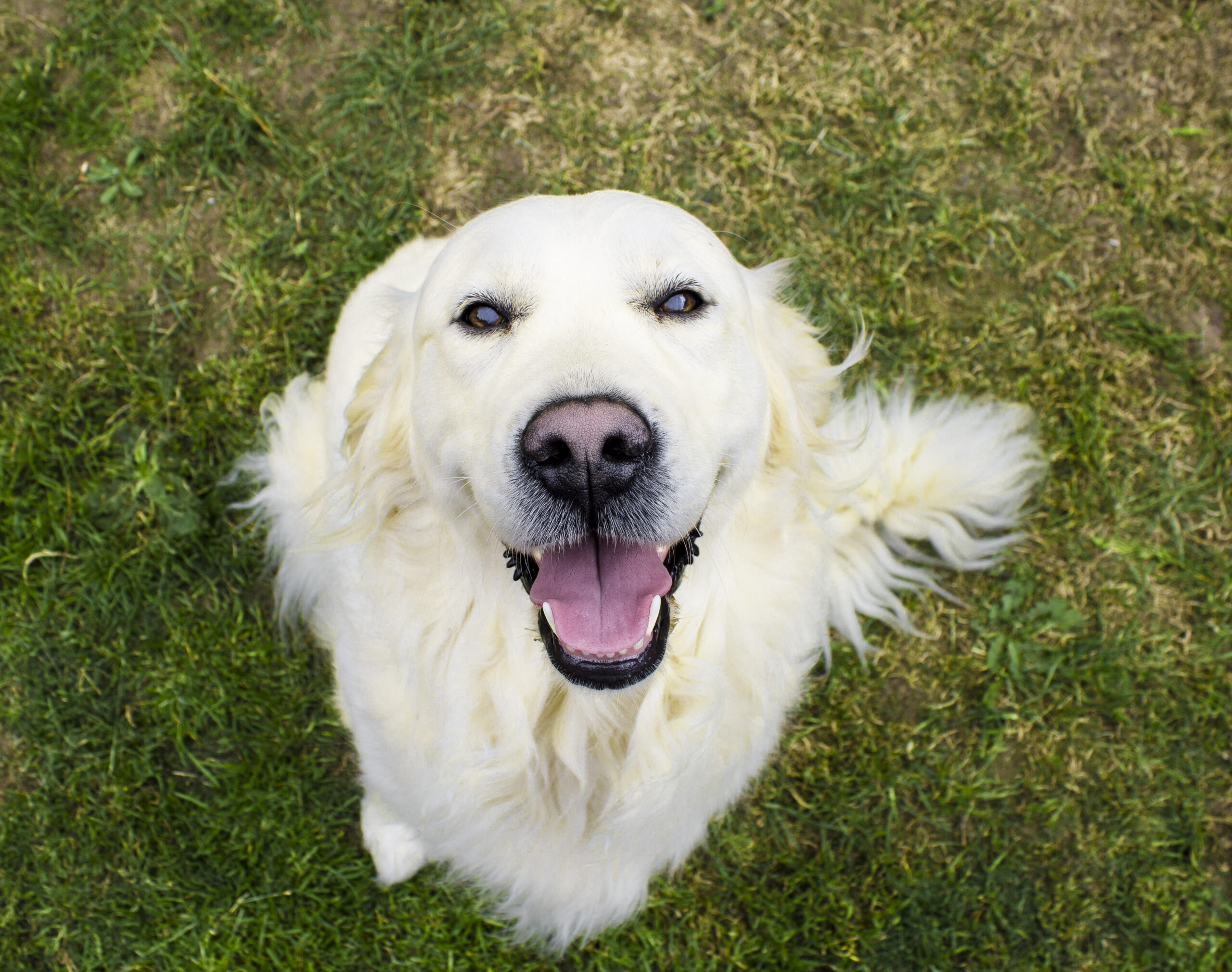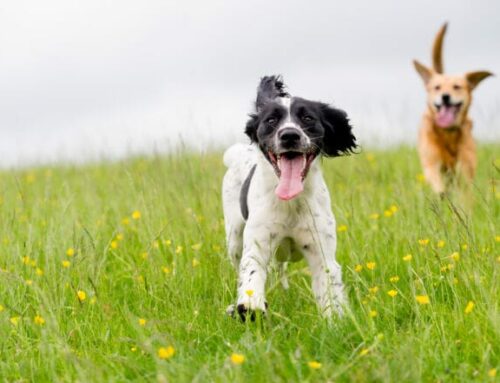Kennel cough is an infectious respiratory infection which affects dogs. It spreads rapidly from dog to dog – this means dogs kept close together or dogs sharing water bowls, leads or other equipment are more likely to catch it. It is so contagious that it can be spread through aerosols – droplets in the air. It is named due to the disastrous outcome it can cause if present in a kennel as the whole group of dogs could become infected! Kennel cough can, however, be transmitted wherever dog to dog contact occurs even if the contact is via other objects. Many kennels have made the kennel cough vaccination compulsory prior to entering their kennels, to protect all the residents.
What do the symptoms include?
Coughing and gagging are the most common symptoms seen. This is your dog trying to dislodge something they feel is stuck in their throat (even though there’s nothing really there). Discomfort and pain when coughing may be seen as the airway becomes irritated and may narrow. Their behaviour may change as they become agitated and in pain meaning your canine friends may be less willing to play, snap more easily and have a generally lower demeanour.
Unfortunately, if your dog does become infected with kennel cough, they may be more prone to catching other diseases. This means that the symptoms you first see may be totally unrelated to the primary cause – the kennel cough.
Tell me more about the vaccine itself
The vaccine works very well and can be given to your dog via any registered vet. We strongly recommend you get your dog this vaccination, especially if you plan to house your dog in kennels for any period of time. There are 3 different versions of the vaccine. The most commonly used and most effective is the intranasal vaccine. A few drops are put into the nostril of your dog. This vaccine can be given to your dog from 3 weeks of age. It takes around 4 days to become effective and should protect them for the following 12 months.
Having the vaccine does not mean that your dog will definitely never get the infection, it just strongly reduces the risk.
There are multiple different causes of the disease but we strongly recommend vaccinating against the most common pathogen Bordetella bronchiseptica. Other vaccines included in the core vaccines we give your dog frequently as part of their vaccination programme protect your dog from other pathogens which cause the disease. This is another reason it is so important that you keep your dogs’ vaccines up to date.
Which dogs should get vaccinated?
Puppies and old dogs are more likely to become infected, as are dogs who are immune-suppressed or have other concurrent diseases. These patients should definitely be vaccinated if possible.
If your dog is really ill, a vaccine is not appropriate as it may cause too much stress and induce illness itself. There are also some immunosuppressant medications that may make it unwise to vaccinate. One of our vets will be able to make this judgement once a thorough history has been taken.
How does kennel cough cause disease?
Kennel cough is caused by multiple different disease-causing microorganisms. These microorganisms cause severe inflammation to the upper respiratory tract by attacking and irritating tiny hairs lining the dog’s airway. This causes a very dry cough hence the symptoms of the disease. The disease can be reversed and in some cases, the disease requires no treatment and is more of a nuisance for a few days. The treatment method varies depending on the pathogen causing the symptoms.
Side effects of the vaccine
For most dogs, no side effects will be experienced.
If side effects are experienced, they normally clear up within a few days. These symptoms may include nasal discharge and coughing. If the side effects continue for longer than 4 days or you become worried, give us a call.
If your dog socialises or mixes with other dogs, the kennel cough vaccination is almost always recommended. Contact us for more advice!






